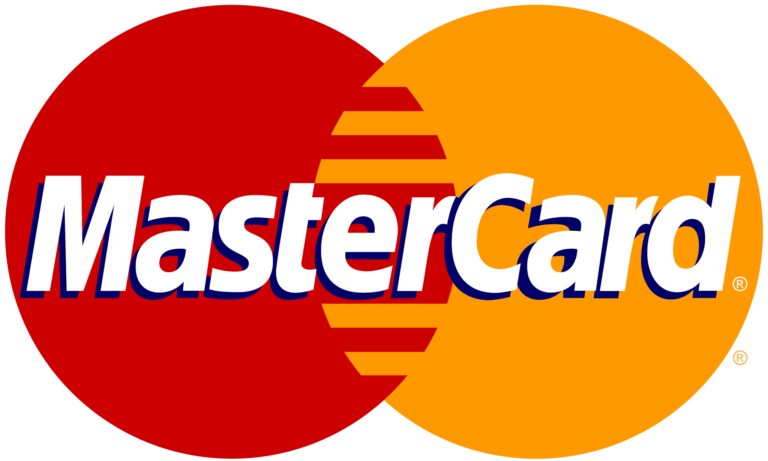AGRICULTURAL SCIENCE JS 3
Chapter 1 – Employment Opportunities in Agriculture
Agricultural Science is both a subject and a course, because it prepares the students to earn a living at whatever level one ends one’s education. A student at the end of his course, could earn a living either on a regular paid job or through seif-employment. This fact is intended to help young people in choosing a career. Career is defined as a chosen pursuit through which one earns a living.In Nigeria, about 70% of the population make a career directly or indirectly in agriculture. Hence, there are many Colleges of Agriculture, Colleges of Education, polytechnics and universities providing courses in agriculture and related courses.
Lessons
Agricultural Courses Paid Employment in Agriculture Private Employment in AgricultureChapter 2 – Packaging and Packaging Criteria
Packaging is a system whereby goods are packed, wrapped or put inside containers, weighed and priced before they are arranged on the shelves in a store. This is the practice of putting agricultural produce in small containers.
Lessons
Meaning and Purpose of Packaging Advantages and Disadvantages of Packaging Packaging CriteriaChapter 3 – Pricing and Advertising
Price means the amount of money that is offered or asked for when something is bought or sold.Pricing is the placing of price on a particular farm produce that will suit the customers and fetch higher income to the farmer.
Lessons
Pricing and AdvertisingChapter 4 – Farm Records
Farming is a business and like all other businesses, it is geared towards profit making. The farmer, as a business man has to manage his land, labour and capital to make profit. This is only possible if the farmer can control all aspects of his business by keeping proper records. The records enable him to ascertain whether he is making a profit or running at a loss.
Lessons
Meaning and Importance of Farm Records Types of Farm Records and their Uses Computer Aided Farm Records and their Benefits Determining the Ideal Computer Aided Record Program for Farm Business Benefits and Disadvantages of Computer Aided RecordsChapter 5 – Book-keeping
Book keeping is the record of what is bought, sold, owned and owed, what money comes in, what goes out and what is left.
Lessons
Meaning and Purpose of Book-keeping Sources Documents Journal PreparationChapter 6 – Agriculture in Stock Exchange
The activities of stock exchange are about selling part or all of an enterprise or corporation to numerous part-owners so as to generate money to finance that enterprise. The money which is called Capital is generated by a corporation or organization through the sales and distribution of parts or all to several part-owners is called Stock. One unit of stock is called shares, while the combination of those who bought shares i.e. those who contributed money towards the setting up of the business are called Shareholders.The shareholders are given share certificate as clear evidence of the amount of money contributed and that makes them part-owners.Share Certificate is the document which clearly shows the number of shares each holder contributed to the business and other relevant information.
Lessons
Meaning of Stock Exchange Terms Used in Stock Exchange Importance of Stock Exchange in AgricultureChapter 7 – Export Promotion in Agriculture
Export is the selling of goods and services across the national boundaries of other countries. A person or country that does this is an exporter.
Lessons
Meaning of Export and Export Promotion Measures Taken by The Government to Encourage Exportation of Agricultural ProduceChapter 8 – Agricultural Laws and Reforms
Chapter 9 – Co-operative Societies in Agriculture
A co-operative society is an organization formed by a group of individuals who have decided to work as a team to satisfy a common interest, like setting up a farm, a shop or some other business.
Lessons
Meaning and Objectives of Co-operative Society Types of Co-operative Societies Importance of Co-operative Societies Roles of Co-operative Societies in Agricultural Production Formation of Agricultural Co-operative SocietiesChapter 10 – Channels of Distribution of Agricultural Products
Distribution refers to the series of activities that take place between the time the product (crop or animal) is produced and the time it reaches the final consumer.
Lessons
Channels of Distribution Distribution Activities Challenges in Agricultural MarketingChapter 11 – Preservation of Farm Produce for Marketing
Preservation is a means of safe guarding or protecting farm produce to keep it in a state as near as possible to its original state.






